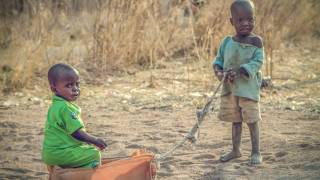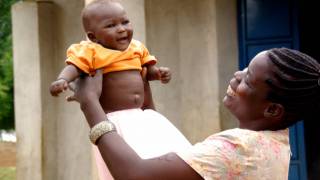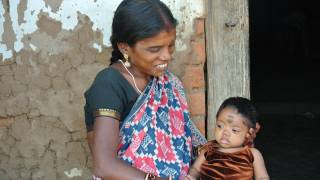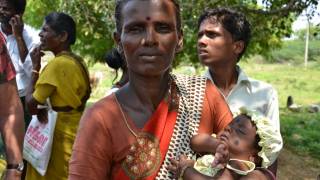Rotavirus Vaccines Do Reduce Diarrhea-related Illness

Before rotavirus vaccines became available in 1983, many children were infected by their fifth birthday, causing an estimated 500,000 deaths and two million hospitalizations worldwide annually.
Rotavirus vaccines and improved sanitation have dramatically reduced the toll of diarrhoeal illness in recent decades, but too many children still die from the dehydration it causes.
Linda Geddes with GAVI reported on March 30, 2023, routine immunization significantly reduced this toll in many countries.
As of April 5, 2023, four rotavirus vaccines had been prequalified by the World Health Organization for use globally.
In 2006, oral vaccines known as Rotarix and RotaTeq were licensed in Europe, the U.S., and Canada.
However, the current generation of vaccines doesn't provide complete protection against infection.
They are most effective in countries with the lowest rates of rotavirus-associated death and least effective in countries with the highest rates.
Scientists are still trying to understand why.
But malnutrition and stunting appear to play a role. In addition, recent studies have suggested that intestinal inflammation is linked to poor sanitation and hygiene, and differences in the gut microbiome composition may also be implicated.
Gavi has supported their rollout in 52 low and middle-income countries, which means now more African countries are using rotavirus vaccines than in Europe.
However, various next-generation rotavirus vaccines that may be even better than current ones are currently in development.
Next-generation oral vaccines, designed to be taken at birth and followed by two further infant doses, are also being tested, with preliminary evidence suggesting that one such candidate may be more effective than existing vaccines.
The next generation of rotavirus vaccines may address critical barriers to their uptake and further reduce this toll.
Our Trust Standards: Medical Advisory Committee
























